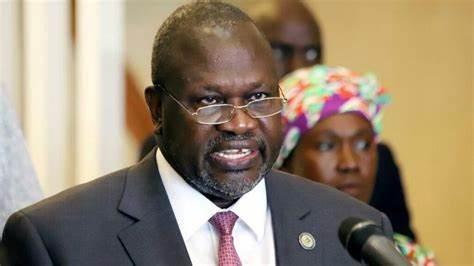The West through their diplomats based in South Sudan have called for the release of First Vice President Dr. Riel Machar, immediate ceasefire and need for political dialogue.
The Embassies of Canada, Germany, Japan, the Netherlands, Norway, the United Kingdom and the United States have jointly expressed grave concern over the surge in hostilities across several regions of South Sudan, warning that the violence threatens to derail the country’s fragile peace process.
In a joint statement issued on Wednesday, the western diplomatic missions condemned the ongoing violations of the 2018 Revitalized Agreement on the Resolution of the Conflict in South Sudan (R-ARCSS), particularly the persistent attacks on civilians, humanitarian workers, and medical facilities.
“This growing violence is in flagrant violation of the ceasefire and R-ARCSS agreements and threatens the hopes for peace and development shared by all South Sudanese,” the statement read.
The envoys singled out the targeting of civilians and protected infrastructure, which they said directly contravenes international humanitarian law and exacerbates the suffering of an already vulnerable population.
They also expressed deep concern over reports of escalating inter-communal violence in multiple states and increasing restrictions on humanitarian access.
“These attacks are only exacerbating the suffering of the South Sudanese people,” the statement continued.
The seven embassies called on South Sudanese leaders to act urgently to end the violence and uphold their commitments to peace.
They further urged the unconditional release of all political detainees including the First Vice President Dr. Riek MacharTeny who’s been in house arrest since March along with his allies to allow for a resumption of inclusive and meaningful dialogue.
“Dialogue remains the only route to sustainable peace for South Sudan,” the diplomats emphasized.
The joint statement comes amid a tense political and security climate in the country, as fears grow that the slow implementation of the peace agreement, coupled with mounting violence, could reverse hard-won gains since the 2018 accord.
